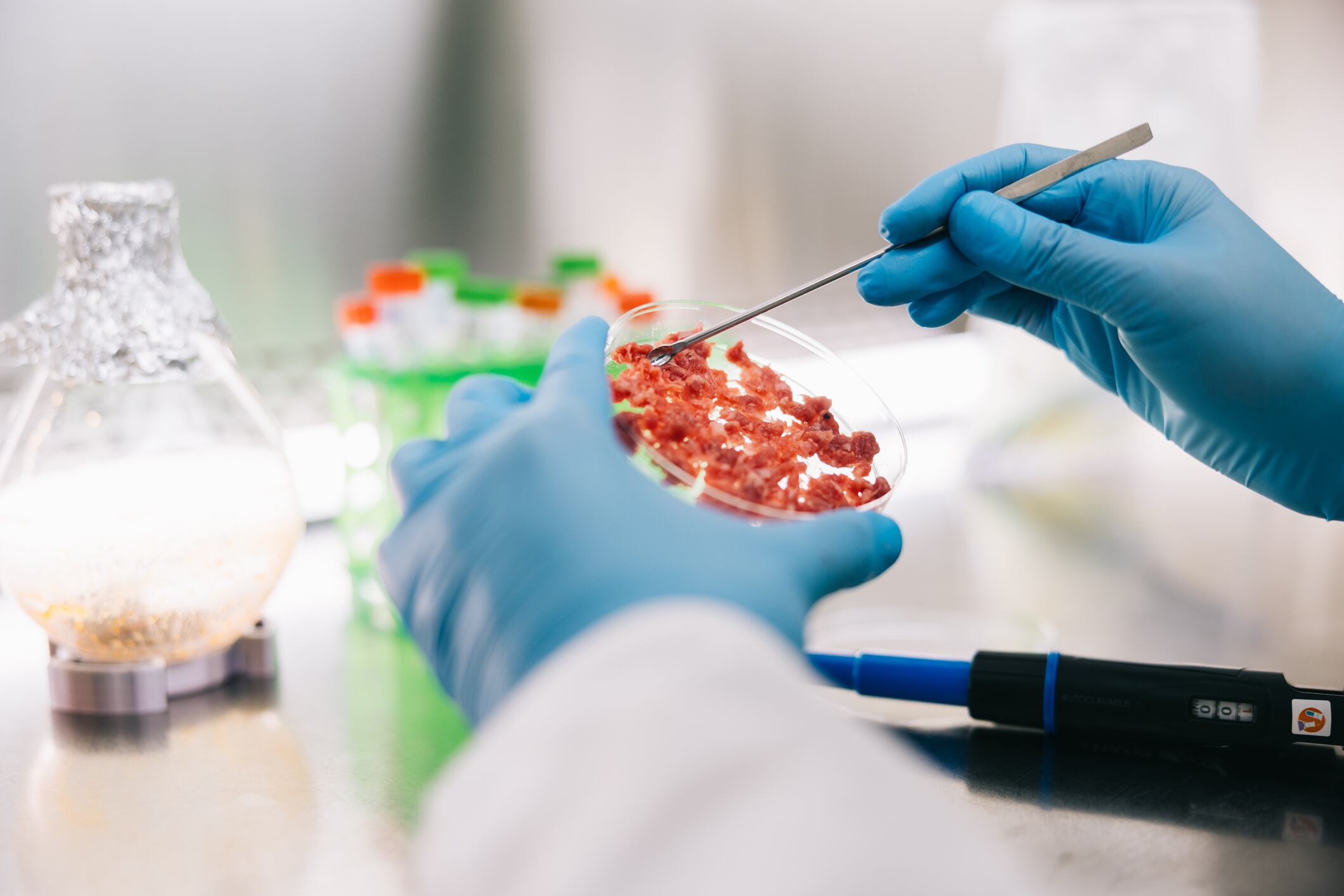With this new strategy, the EU is looking to unlock further opportunities within bioeconomy innovation.
A bioeconomy is an economic system in which products are made from biological resources (e.g. plants, animals, microorganisms) and their by-products.
The European Commission promises to support activities that provide sustainable practical solutions using these biological resources in sectors such as agriculture, forestry, fisheries, aquaculture, biomass processing, biomanufacturing and biotechnologies.
The EU bioeconomy already contributes significantly to job creation and economic growth in Europe. It employs more than 17 million people (around 8% of EU jobs). In 2023, it had a value of €2.7 trillion.
Cutting red tape
The European Commission notes that international competition from the US and China, as well as ‘persistent barriers’ in the single market are slowing deployment of bioeconomy innovation in the EU and risk diverting innovation to other non-EU markets.
As such, the plan outlines the Commission’s intention to simplify regulatory requirements and accelerate product authorisations through the ‘EU Biotech Acts’.
The Biotech Acts will introduce sectoral and horizontal enablers, for example regulatory sandboxes, fast-track authorisation procedures for microbial solutions for industrial use in the bioeconomy, and streamlined permitting for biomanufacturing projects.
Support and guidance
In addition, the Commission will establish a European Bioeconomy Regulators and Innovators’ Forum, providing a space to exchange best practice related to risk assessments of novel bio-based solutions and to monitor progress.
It also promises guidance on how to classify new bio-based products and the creation of a single online entry point so that companies only need to submit information once.
Technical support for SMEs scaling bio-based innovation will also be given. In particular, the Commission says it will help SMEs developing innovative products based on advanced fermentation, including food and feed.
The proposal also underscores the importance of biorefineries for converting renewable organic materials into vital commodities such as food.
Access to investment
Alongside guidance and cutting red tape, the Commission promises to help with commercialisation through improved access to pilot and demo facilities; the creation of a Bioeconomy Investment Deployment Group, bringing together the Commission, the European Investment Bank Group, private investors and others; as well as the introduction of ‘blended-finance schemes’ aimed at de-risking investments and attracting more private finance.
‘We need concrete action for fermentation’
Non-profit think-tank, the Good Food Institute Europe (GFI Europe), has welcomed the strategy and is now calling on the Commission to follow this up with ‘concrete action’.
Lea Seyfarth, policy officer at GFI Europe, said: “It’s great to see the Commission recognise the crucial role that fermentation can play in driving green growth, reducing our reliance on imports and boosting Europe’s international competitiveness.
“For Europe to establish itself as a global leader in this technology, these proposals now need to be followed up with concrete actions. The upcoming Biotech Acts must build on this growing momentum with clear policies enabling startups to commercialise Europe’s scientific expertise and bring innovative food products to the market.”
In related news, the Dutch government has made EU history, greenlighting pre-market tastings for fermentation-made foods.





